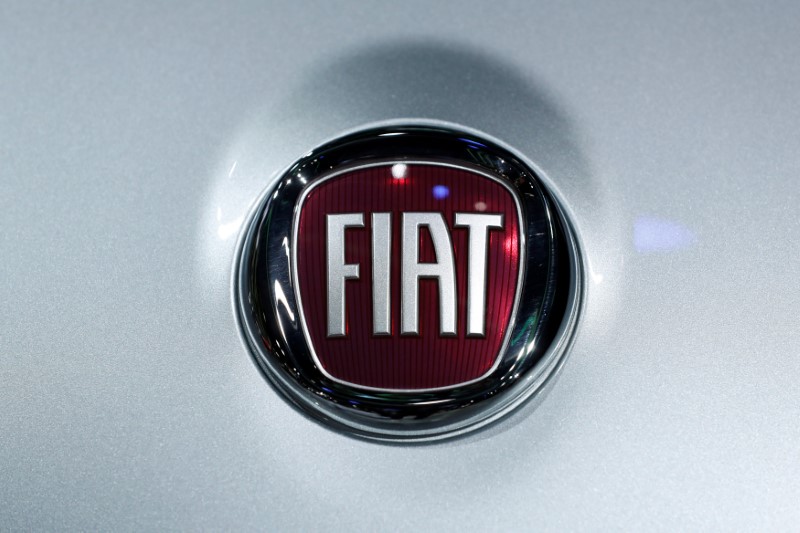By Foo Yun Chee
LUXEMBOURG (Reuters) - Fiat Chrysler Automobiles NV (MI:FCHA) on Thursday accused EU competition regulators of over-reaching their powers and acting as a supranational tax authority for the bloc when they ruled against its tax deal with Luxembourg three years ago.
The Italian carmaker was hit with a tax bill of up to 30 million euros ($35 million) in 2015 after the European Commission said Luxembourg's 2012 tax ruling cut the company's taxes considerably, giving it an unfair advantage.
The EU antitrust regulator said the taxable profits for Fiat's Luxembourg unit could have been 20 times higher under normal market conditions. Fiat and Luxembourg are challenging the ruling at the General Court, Europe's second-highest.
Fiat complied with all the rules and was transparent in its dealings with the Luxembourg tax authority and yet it was punished, its lawyer Juan Rodriguez told a panel of five judges.
"Fiat feels like it's been penalized by the Commission. Let there be no doubt, the Commission is trying to make new law in this case," Rodriguez said.
"The Commission acted as a supranational tax authority even as a supernatural tax authority," he said, adding the EU executive did not have the remit to do so.
Luxembourg, which on Wednesday was ordered to recover 120 million euros in back taxes from French utility Engie (PA:ENGIE), marking the third case against the Grand Duchy, said the Commission was over-reaching its regulatory power.
"This strikes at the heart of member states' sovereignty," its lawyer Denis Waelbroeck told the court.
"We are here to put a stop to the arbitrary nature of this. We need to avoid the Commission merely imposing its ideas on the case that comes along without having the legal basis," he said.
Ireland, told to claw back a record 13 billion euros from iPhone maker Apple (O:AAPL), also took to the stand to criticize the EU regulator.
"The Commission has made the same erroneous arguments in the Apple case," its lawyer Paul Gallagher told the court.
He said the EU executive was trying to use state aid laws to harmonize the patchwork of national tax regimes across the bloc and extend its competence in an impermissible way.
Commission lawyer Bruno Stromsky said it was clear that Fiat enjoyed an unfair tax advantage.
"There is a flagrant discrimination of equality in taxation, to the detriment of other companies that pay taxes in Luxembourg," he said.
"The Commission has not meddled, has not intruded on the tax system in place determined by national sovereigns," Stromsky said.
